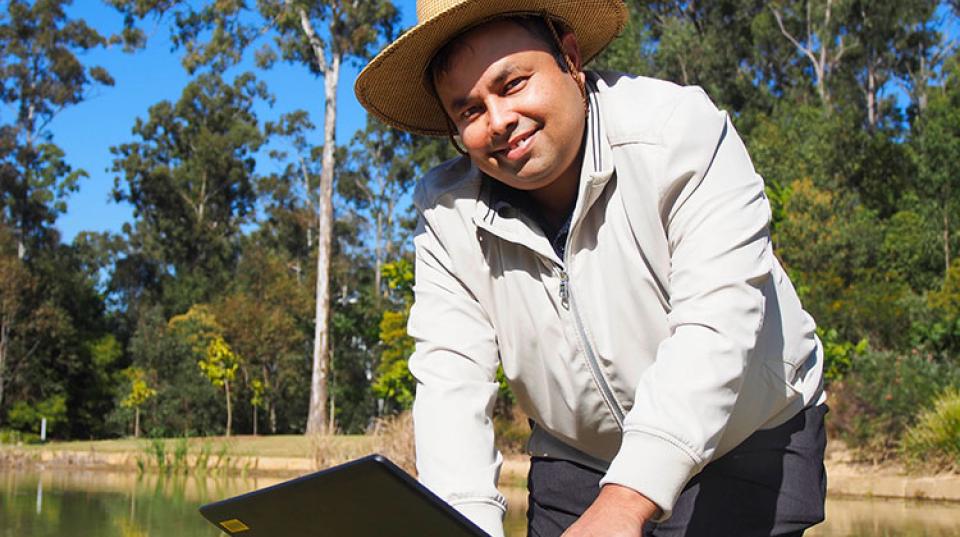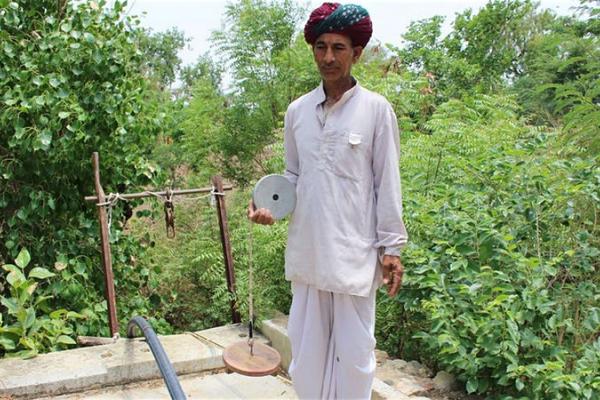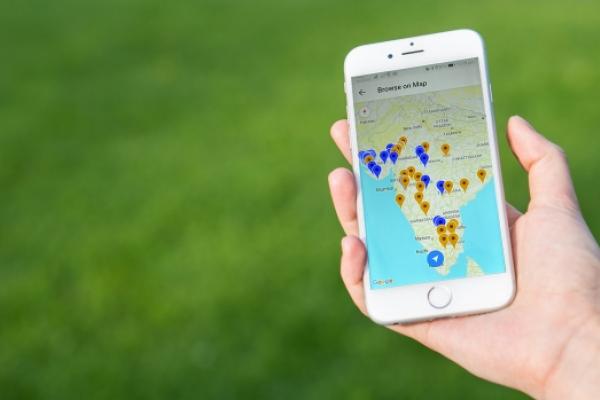Overview
This project focused on engaging communities in India to sustainably manage groundwater at the village level using the MARVI system approach
The future of agriculture and food security is linked to groundwater sustainability. The challenges have important social, economic, institutional and policy elements. The project therefore undertook a systemic analysis of the groundwater situation and livelihood opportunities through the MARVI system (Managing Aquifer Recharge and Sustaining Groundwater Use through Village-level Intervention), an approach involving, agricultural, environmental, social and economic considerations. The focus of the research was at village scale (micro catchment) to analyse and understand the current situation and ground truth methods, as well as provide measures and tests to upscale strategies and benefits to watershed, regional and state levels.
A range of hydrologic, agronomic, economic, social and cultural data at selected clusters of villages was collected over a period of six years. Bio-physical and socio-economic tools and models were developed to evaluate the issues of surface water and groundwater management, identify options and strategies that have improved the long-term access to groundwater, provided a scientific and evidenced-based input to enhance watershed development policies, and regenerated the natural resource base in irrigated farming systems.
This project's research focused on two watersheds: the Dharta watershed in Rajasthan and the Meghraj watershed in Gujarat.
Project outcomes
- Successfully engaged networks of farmers, local communities, government agencies and policymakers to monitor groundwater levels and quality, providing a decentralised database of water availability that has helped to dramatically improve management of increasingly scarce groundwater reserves
- Developed a smartphone app, called MyWell, to enable collection and sharing of monitored data of well water levels, rainfall, water quality and dam water levels to help local communities to better manage scarce groundwater reserves.
- Forged a new partnership agreement with the Jal Shakti (Water) Ministry to extend the reach of the highly-successful MARVI approach for participatory groundwater management throughout India.








